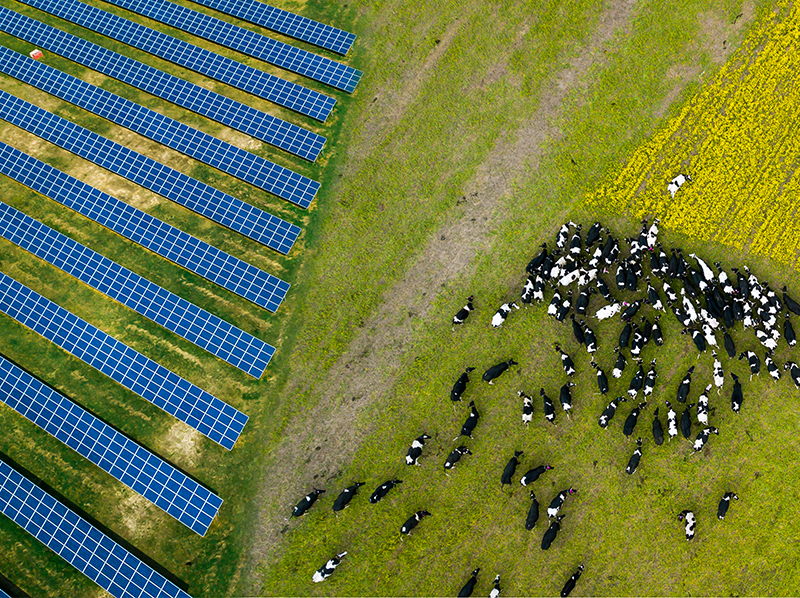
In small islands and rural communities, mini-grid systems hold unique advantages because of their ability to operate independently and be deployed in remote locations not reached by the main grid. Sustainable Energy for All (SEforALL) highlights the potential for mini-grids, along with off-grid solar, to improve electricity access and achieve Sustainable Development Goal 7 (SDG7) by 2030 in a cost-effective manner.
The State of the Global Mini-grids Market Report 2020, launched by SEforALL and BloombergNEF on behalf of the Mini-Grids Partnership, finds that mini-grid systems can serve an estimated 111 million households in Sub-Saharan Africa, Asia and island nations by 2030.
As many as 5,544 mini-grid projects are currently operational in Sub-Saharan Africa, Asia and small island nations, with Asia being the fastest growing market accounting for 60% of installed mini-grids.
Despite being one of the least-cost options for electricity access, the mini-grid sector is still at a nascent stage of development. The report outlines how the current pace of electrification cannot keep up with growing demands of rapid population growth and is expected to fall short of ensuring universal access to affordable, reliable and sustainable energy by 2030—unless mini-grid deployment efforts are scaled up significantly.
The report provides recommendations for different stakeholders to unlock the potential of mini-grids:
- Governments: Robust policy and regulatory frameworks must be developed to support mini-grid developments, such as through offering direct financial support for renewable hybrid mini-grids to improve electricity access.
- Development finance institutions (DFIs): Results-based financing (RBF) programmes are highlighted as one of the main measures of ensuring resources to scale up mini-grids are allocated most effectively.
- Financiers: The report notes that there are opportunities for commercial financiers and corporate investors to support aggregated portfolios of mini-grid projects from a single developer—to increase potential returns, as well as spread operational and regulatory risks across the portfolio.
- Developers: Current best practices in mini-grid development suggest that developers can improve the efficiency of their processes, reduce costs, and create benefits for customers while generating sufficient revenues—by adopting data analytics solutions and new business models.
Read the full State of the Global Mini-grids Market Report 2020 to explore more of the latest mini-grid market developments.